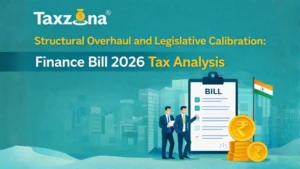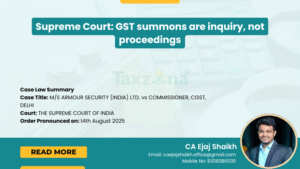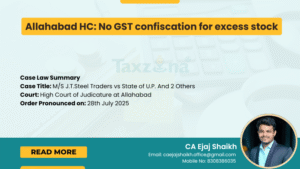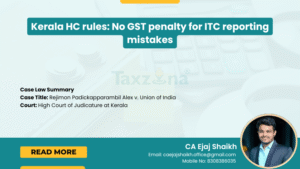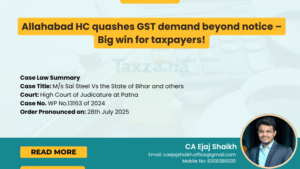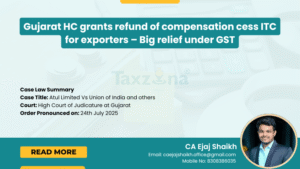Except for few taxpayers, all are required to deposit the tax in advance before the completion of Financial year if the total tax liability is more than Rs. 10,000/-. Failure to deposit before time attracts Interest.
In this article, we will cover all the provisions you need to know about Advance Tax :
Who Needs to Pay Advance Tax Installment?
If the Tax amount for the particular financial year is greater than INR 10,000/- then, the provisions of Advance Tax are applicable to you. For computing Advance Tax, one needs to include All the incomes earned till the date of computation of advance tax & also these incomes which are certain as Income to the person during the financial year are considered on an estimated basis for the computation & payment of advance tax.
However, there are certain exemptions which are as follows:
- Senior Citizen is exempt from paying Advance Tax subject to the following two conditions:
- They should be a Resident Individual, and
- They should not have any income from Business & Profession.
So, Any person who is a senior citizen i.e. an individual of age 60 years or above, and satisfies both the above-mentioned conditions need not pay Advance Tax Installments
- Salaried Employee is exempt from paying Advance Tax subject to the following two conditions:
- No Other Source of Income, and
- Employers deduct tax at source before paying salary and deposit it with the Income Tax department.
But, if the Assessee, also have Income from other sources like rent from a property or capital gain or interest from bank deposit and etc, etc which is not informed to the Employer, then the Assessee needs to pay the total tax liability if the income from other sources increases from Rs 10,000 a year.
What is the Due Date for Payment of Advance Tax?
What is the Due Date for Payment of Advance Tax?
The following is the due date for payment of Advance Tax for the FY 2021-22 (AY 2022-23) for both corporate as well as non-corporate Assessee :
|
Installment |
Due Date |
Percentage of Tax to be Paid |
|
1 |
15th June |
15% |
|
2 |
15th Sep |
45% |
|
3 |
15th Dec |
75% |
|
4 |
15th Mar |
100% |
The percentage mentioned in the third column is the percentage of Tax Liability.
Business or Profession Assessee having income under the presumptive income scheme u/s 44AD or 44ADA also have to pay the whole amount of the advance tax by the 15th March of the Year. However, here the exemption is that any amount deposited till 31st March of the FY is also treated as advance tax of that financial year.
The process to Pay Advance Tax?
- Online Procedure
- Login to the income tax website “incometax.gov.in”
- Click on the “e-pay Tax” tab
- Now, you will be redirected to NSDL Website
- To pay advance tax, select “Challan 280”
- Fill in the required details
- Choose the “Netbanking” option to pay online
- After successful payment, a challan will be displayed which will contain the information number and payment details.
- Challan is proof of the payment that has been done
- Offline Procedure
The Assessee needs to visit the designated bank branch and fill the challan form as per Challan 280 Format and then pay the taxes.
Consequences for Late Payment of Advance Tax?
The Assessee is liable to pay advance tax before the end of the financial year in four installments as mentioned in the above table. If the Assessee fails to pay the advance tax according to the table mentioned above, then the Assessee needs to pay interest on the late payment. The interest payable can be rounded off to the nearest hundreds.
This interest on late payment of Advance Tax falls under Two Sections :
- Section 234C
- Section 234B
After the payment, if there is a change in income computed at the time of paying Advance Tax, then you can update the revenue of advance tax in the next installments as per the new liability estimate.
If you are liable to pay Advance tax and have not yet paid, do it asap before the last date. You can also contact us to computing your Advance Tax Liability and related consultancy.


